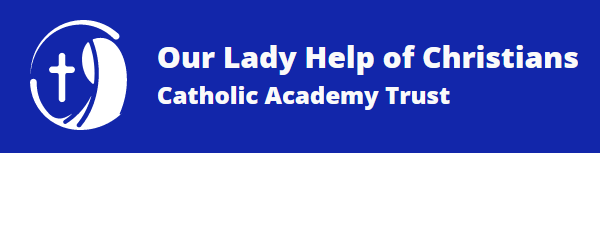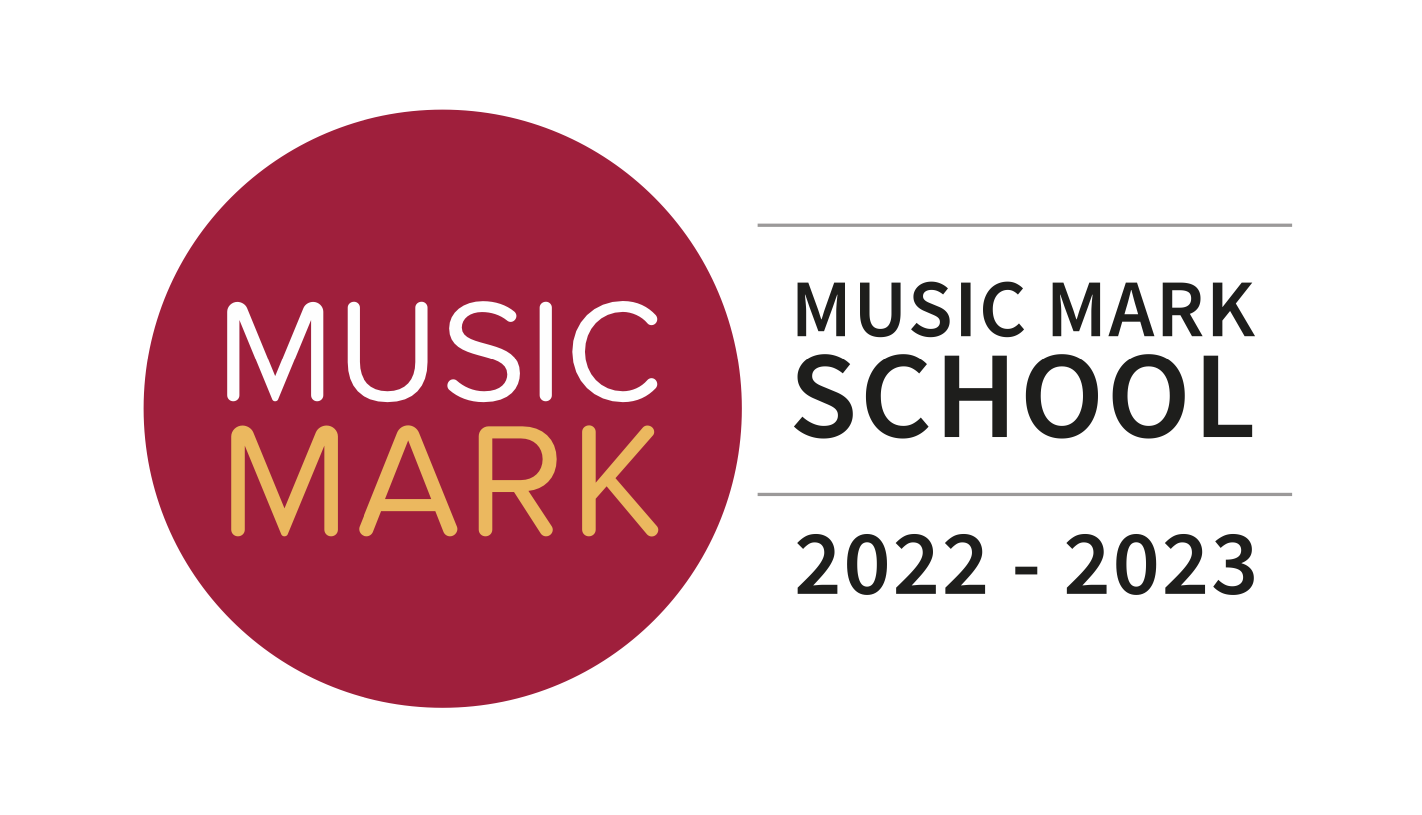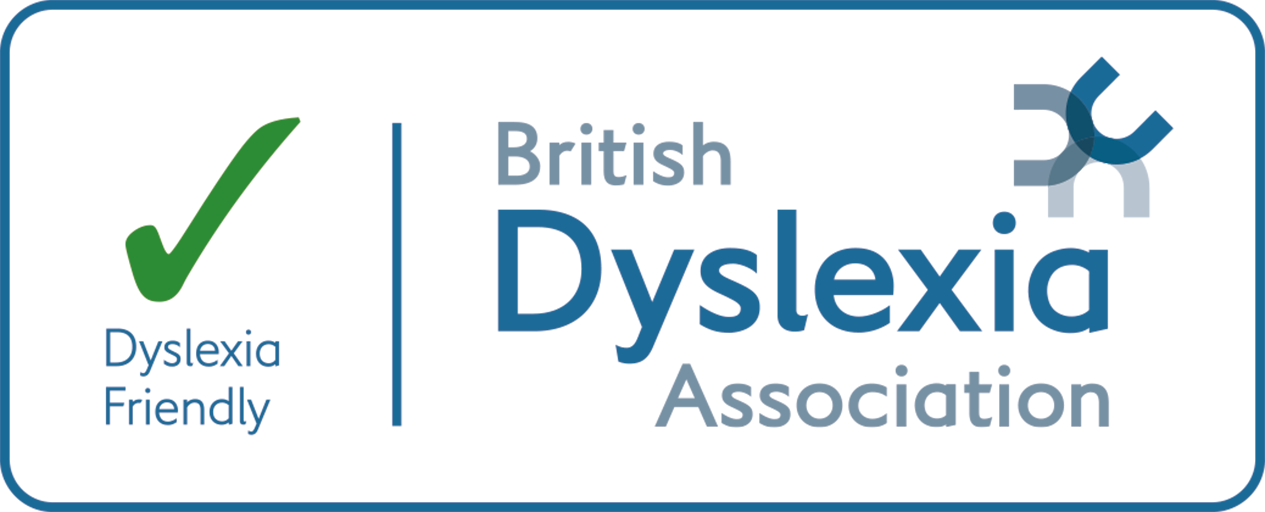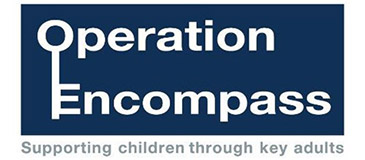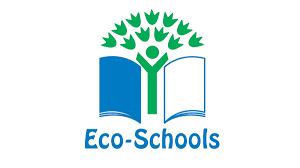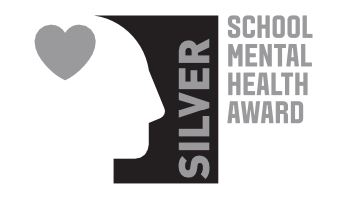English
Department Intent Statement
At Ellesmere Port Catholic High School English prepares our young people to succeed and allows them to access the whole school curriculum. The study of English prepares students to understand concepts of the world around us. It gives the ability to question and to care about their place in the world. English is vital because it helps our students to develop their own thinking, empowering them to learn more about themselves and therefore have the confidence in whatever direction they choose. English allows students to think and communicate perceptively, to use language purposefully.
We expose students to the vast array of literature, in many forms and genres, to prepare students to achieve in the world; with the life skills needed to enjoy their place in our modern world. Students of English learn independence of thought; clarity of thinking; the ability to be open minded and see the viewpoints of others. Our curriculum is broad, balanced, challenging and fast paced. We aim to equip students with all the skills they need to achieve potential in national assessments; to be highly employable and dedicated lifelong learners and most importantly of all, to be fully equipped to understand and express their personalities, to shape their own futures.
Key Stage 3 Intent Statement
The Key Stage 3 curriculum is intended to develop a love of English and reading, as well as expose students to different stories and contexts they would not otherwise have considered. We also wish to prepare students for the skills required at GCSE. Consequently, the structure of the curriculum has been designed so that there is clear progress from one year to the next. Each year the units build on the knowledge and understanding gained in the previous year. The intention is that by the time our students reach year 10, they have gained a deep body of knowledge of both literature and language, and developed skills that will enable them to access the GCSE course with confidence.
Key Stage 4 Intent Statement
The Key Stage 4 curriculum is intended to develop a reflective, intellectual and contemplative approach to the literature texts we study. We encourage our students to explore what is revealed through language choices and the writer’s intentions. Also, we want them to consider the universal truths explored in literature about what it means to be human.
The writing element to the curriculum is intended to develop our students’ expressions of ideas and creativity. Where they can use linguistic devices and rhetoric to communicate effectively and accurately in any form of writing.
The curriculum will ultimately prepare them for their GCSEs but more importantly enable them to be ready for employment and adult life.
Key Stage 5 Intent Statement
English Language
The Key Stage 5 English Language curriculum focuses on how humans acquire language, begin to write and ultimately how it is used as a tool for creating representations. This will equip students with an understanding of key language levels and how students can apply these to any text they choose to analyse.
What does the course look like?
Paper 1 – Initially we study a range of contemporary and historic texts. These will be used to look at the text’s context and how the language levels and features previously studied have been used to create meanings and representations. These lessons will look at audience, purpose, genre and modes of production.
Students will also learn about Children’s Language Development by understanding the theories behind how children learn to speak, learn to write and learn to read. Students will also learn myriad theories associated with these developments in children’s language acquisition.
Paper 2 – Students will look at how the English language has developed and how it continues to develop in a modern world. Students will look at a range of linguistic theories concerning language diversity and change. They will understand how factors such as social groups, region, gender, ethnicity and English as a global language is changing the way we communicate.
NEA – Students will use the knowledge and skills from the course to write two unique assessments. Students will have the opportunity to choose a form they feel passionately about to write a creative text of their own. Students will also research an aspect of the course they have enjoyed to help inform a language investigation for their final assessment.
English Literature
The Key Stage 5 English Literature curriculum looks at a range of literary texts and forms, focusing on the specific genres of tragedy and crime literature. Students will experience a range of literature from the classic literary canon by studying Shakespeare and Keats, through to more contemporary texts in McEwan’s ‘Atonement’. In addition to honing perceptive analytical skills, students will also analyse texts by looking through a number of critical lenses and by using critical theorists to help develop the richness of their arguments.
What does the course look like?
The course is divided into three components:
NEA – Firstly, Students will complete two non-exam assessments (NEA) by looking at a text through a critical lens such as feminism or post-colonialism.
Paper 1 will ask students to answer three analytical questions focusing on the tragic texts ‘Othello’, ‘assorted Keats poetry’ and ‘Death of a Salesman.’
Paper 2 will ask students to analyse an unseen crime text followed by two analytical questions on ‘Atonement’, ‘assorted Crime poetry’ and ‘Oliver Twist’.



